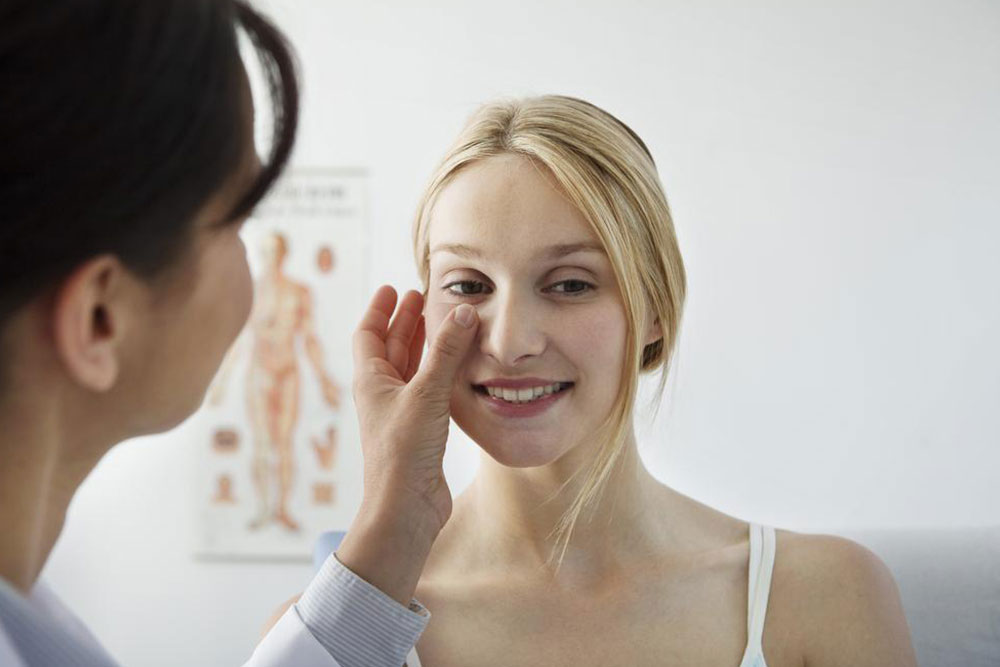Best treatment options for sinusitis
Have you ever pondered over the connection between your allergies and your sinus problems? You might have heard about this from your doctor but have you ever given a thought about the possible complications? Well, the truth is they are very much related. Sinuses are deep hollow pockets in the skull that are linked to the nasal passages.
In spite of all its complications, people do not treat their allergies with all the care that they require. Almost 80% of the population still treats the allergies as a passive disease- something which they are accustomed to. This can be very harmful in the long run. Sometimes people get so habituated to it that they don’t even try medication. Only in some cases when the symptoms turn hard they might end up getting the sinus allergy medicines. Doctors, however, do not advise this method of treatment and recommend that you get evaluated and treated in the best possible way. In most of the cases, living with such allergies can develop into far more unhealthy complications. If you feel that your symptoms are getting worse and are taking time to dissolve, then do get a check-up with your doctor at the earliest. Let us look at a few medicines that can be used best for sinus allergies.
Nasal Sprays: These drugs and medications can be very beneficial in reducing the swelling in the nasal cavities. These are undoubtedly the doctor’s preference as they can be used almost by anyone. They are one of the best sinus allergy relief medicines available in the market.
OTC medicine: Apart from nasal sprays, over-the-counter (OTC) medications can be used if the symptoms are mild. These medications do not need prescriptions and can be available easily. However, if the problems persist it would be best to consult your physician.
Decongestants: If your symptoms do not go away after the initial precautions, then trying an oral decongestant can be the best option. However, do consult with your physician before taking them. Also, do not take them for more than 3 to 4 days at a time as they might have a reverse effect in some patients.
D epending on your other symptoms there are other types of medications and treatments available like eye drops and oral steroids.



